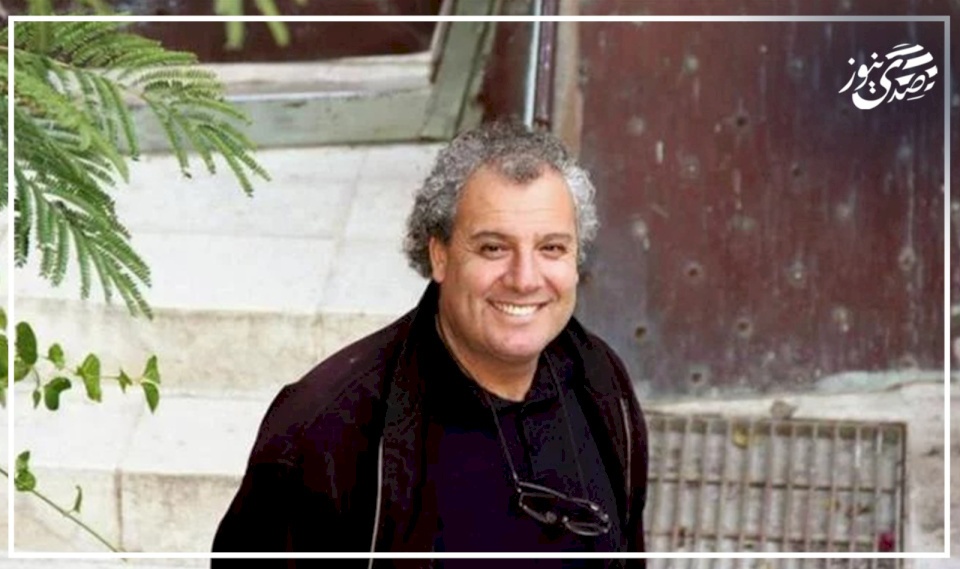
Articles
The Story of a Storyteller Who Looked at the World from a Different Window
In the collection of the late Gaza storyteller Mohannad Younes, we do not easily find Gaza the city and its people, nor the questions of national identity or slogans resisting the occupation, as we are accustomed to seeing in traditional Palestinian narratives. Mohannad says in a conversation with friends: "Much has been written this way, and we young writers must find our own voice amidst all these repeated collective voices." This is not a denial of belonging to the cause and identity but a legitimate and natural quest for other existential approaches to the homeland, supported by a language of deep contemplation. The narrator, who died by suicide several years ago, carves his images in an unseen world and deals with its data with a surrealism in language and themes. Mohannad comes from a special Palestinian generation that courageously ignored the legacy of Palestinian storytelling and ventured into areas no one dared to tread. The story of Gaza—although we do not prefer to categorize Palestinian stories regionally—suffers under a firmly established creative legacy, just as the situation is in the West Bank and the 1948 territories. Simply looking at the world from a different window resembles a departure from family customs in food and clothing, and holiday rituals. Gaza, with its unique presence, wonderful geography, contradictions of life, and the richness of its literary history, deserves its literature to be taught in the context that clearly differs from the contexts of other regions of Palestine, such as the West Bank or the 1948 lands.
In his story collection published in 2018, Mohannad wanders with death, interrogates it, stalks it, and disassembles its mechanisms. Here, death is not the usual Gaza-style death caused by an occupying missile, nor the refusal of the occupation to treat a cancer patient in Jerusalem, or the assassination of leaders by occupation aircraft. In this book, death is multidimensional, perhaps it is an internal death, peculiarly present, containing enough coincidences and contradictions for Mohannad to shape a short story from it. Mohannad lived through three fierce wars—in 2008, 2014, and 2018—in which Israel inflicted hardships upon the Gaza Strip, including buildings, children, and families. The echoes of these wars influenced the themes of Mohannad's stories. However, this influence went beyond the temptations of directness in conveying feelings and focusing on nostalgia, ordinary questions, regrets, anger, and complaints. Mohannad delved into death, which he experienced at the hands of an occupying force, dissected it, and melted it into the crucible of his contemplations and higher existential concerns, leading to the question of death itself. Thus, the stories of death in his writing transformed from a painful and tragic reality into a parallel artistic narrative free of screaming and blatant bloodshed.
The book, published in 2018 by the Ahliya Publishing House in Amman and brought to attention by the "Young Writer Award" at the Abdel Mohsen Qattan Foundation, created a gentle creative shock in Palestine. This is a young voice from Gaza, drawing strong attention to its new aesthetic proposals. The narrative book includes nearly 30 short stories, most written in the first-person narrative. In these stories, the talented storyteller explores the misery of human solitude and the alienation in a cold and savage world. In the story "A Cup of Rain," there is an elderly woman who comes to the narrator, whom I believe is the storyteller himself, to buy medication for pain relief and blood pressure and diabetes. Suddenly, the old woman stopped coming, and the narrator missed her, feeling as if she were his grandmother. He even did not erase her name from his debt notebook. One day, one of the elderly woman's children visited the narrator and returned the medications, apologizing and informing him that his elderly mother had died. The bag remained in the drawer from the previous year, and the storyteller wrote: "But the rain returned and brought back my memories, and yesterday I went to the cemetery. I spent the whole day there, I recognized her grave with difficulty. It is not my habit to visit graves, and I don’t know why I did that with a strange woman, but I reached the grave with a bag of medicines. There was a chair and no guard, and I sat there all day long, morning, evening, and night. I scattered the pills for blood pressure, diabetes, and gout, all in their time. I did not pour water for her, for it was raining outside.
Regarding Mohannad Younes's new narrative experience, the judging panel of the Abdel Mohsen Qattan Award wrote on the book's cover: "The collection is distinguished by its approach to the theme of death through diving into the narratives of the individual and the collective in a politically desolate space, where the collection touches surrealism on one hand and the style of prose storytelling on the other. It has a clear artistic language crowned by a narrative plot that is often innovative, especially at the level of intellectual exploration. Even when it seems direct, it transforms into an auxiliary tool in more elevated worlds. The craftsmanship of storytelling is evident, with elegant, concise, and deeply felt narration, accompanied by deep existential reflections and attention to the temporal element in both its philosophical and narrative senses."
This article expresses the opinion of its author and does not necessarily reflect the opinion of Sada News Agency.
Read Also

Two Mini-States and Two Palestinians

Is War Against Iran Imminent?

With Leaders of His Army and Intelligence Present: Netanyahu Declares "War" on the Negev

Destruction of the Islamic Scene in the West

Media Deception… When Lies Are Cloaked in the Garb of Truth

Gaza Under Siege and Assassinations: Israel's Policy for Managing the Conflict

What is Required from Meladienov

